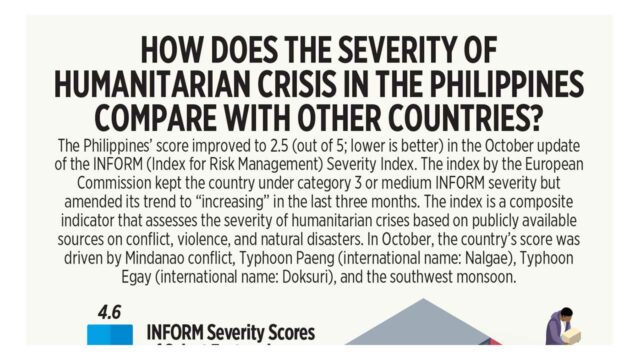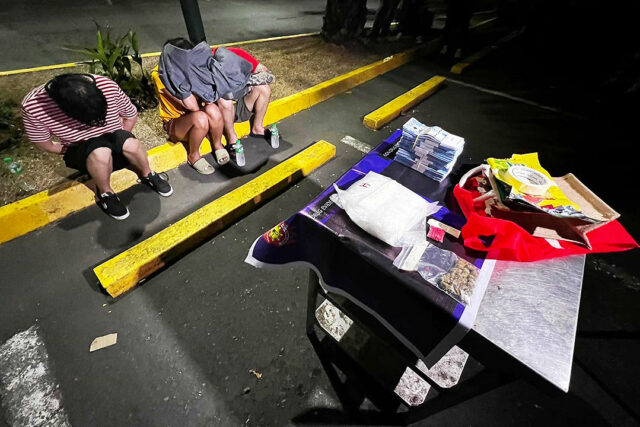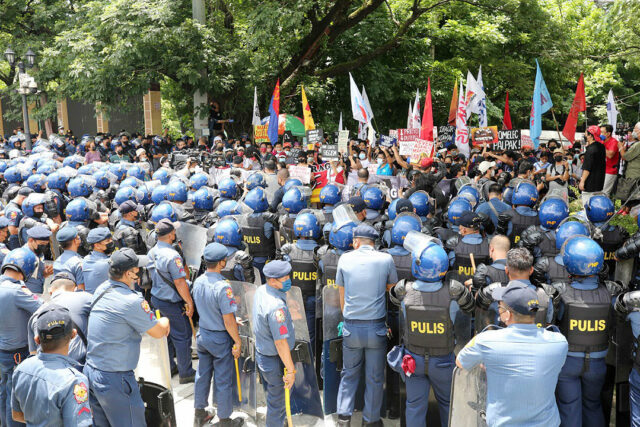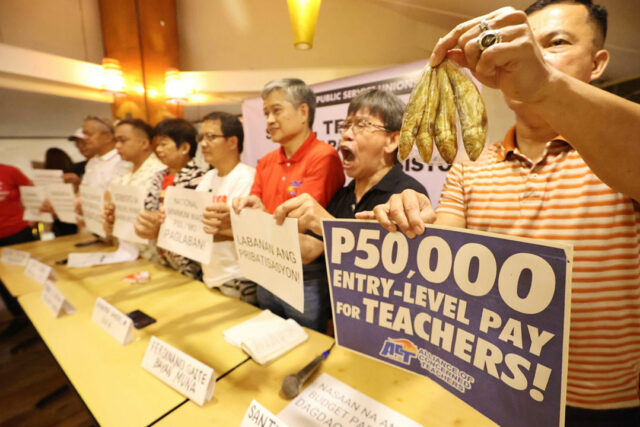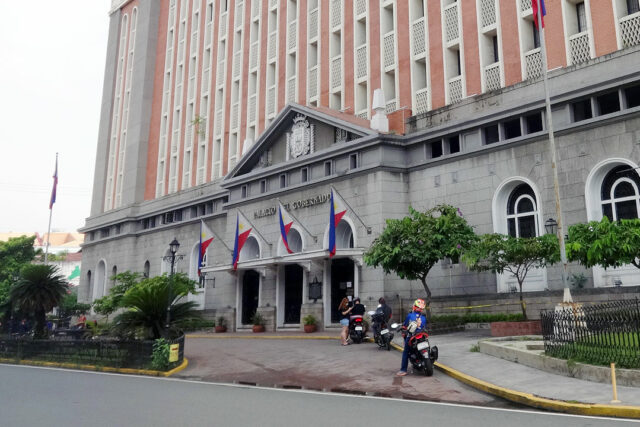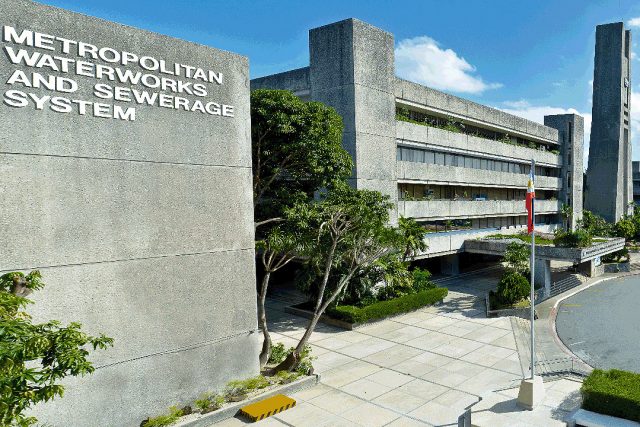Struggling cities face more pain from AI boom
ARTIFICIAL INTELLIGENCE (AI) is likely to transform our world in many ways, but one that hasn’t received much attention is the technology’s looming impact on real estate. As AI becomes an essential component of both business and daily life, the value of places where those who work on AI want to live will rise, provided these locales have reasonable infrastructure. At the same time, the value of lower-tier cities left out of the AI boom will diminish.
One notable feature of artificial intelligence is that it can make many companies smaller. AI can do a lot of the work that previously would have required a large office staff. Not surprisingly, the companies that use AI best are AI companies themselves. Clearview, a facial-recognition company that has had a major impact on the war in Ukraine, has only 35 employees. OpenAI during the time when it developed GPT-4 had fewer than 300 workers. Anthropic, an OpenAI spinoff, has about 200 employees.
The more companies adopt AI, of course, the more those companies will look like and be run like the AI companies themselves. With fewer workers around, commercial real estate, already reeling from a shift to work from home, will suffer.
That said, in certain places land will become much more valuable, as companies choose to locate near AI centers to access the labor markets for AI researchers, or to learn about AI from the industry’s leading actors. I predict a major real estate comeback for San Francisco and nearby environs, and probably gains for Manhattan as well. Across the Atlantic, parts of southern England and Paris may see much higher prices.
The boost in demand will come for residential property as well. Before the recent turmoil at OpenAI, the company was said to be offering senior researchers stock packages worth $5 million to $10 million. Such numbers will likely go down over time as the number of workers entering the field goes up. But the anticipated legions of highly paid AI workers will create demand for some pretty fancy homes, just as previous tech booms have done. The top AI companies aren’t stuffed with workers, but the ones they do have typically show up at the office on a very regular basis to make learning and collaborating easier, and thus live nearby.
The ability of AI to economize on (some) jobs doesn’t mean that we will see mass unemployment. While AI will replace many jobs, it will allow many more projects to be started. There will be more coding, more design, more scientific advances, and at the broadest level simply more plans of many kinds. Those plans might range from better green energy to the creative arts to more public health projects, and much more.
But most of those projects won’t be done in traditional offices, even if the core of central management is located there. Many of these workers won’t even have permanent ties to the company, just as Hollywood assembles creative teams to achieve specific ends but eventually moves on to the next project.
Over time, the more change we see, the more real estate decisions will be determined by where these in-demand workers want to live. They are likely to prefer attractive areas, not too far from central management, with sunny climates, good schools, reasonable taxes and lots of amenities. Infrastructure such as airports and internet quality will matter a great deal.
Two other natural real estate winners in that reallocation of resources are likely to be northern Virginia and the Atlanta metropolitan area. We also can expect Austin-connected workers to spread out well beyond city limits.
Natural losers might be cities such as Hartford and Minneapolis, both of which are relatively cold and have preexisting problems with crime and governance. The notion that every city needs to have a large number of service jobs will take a big knock, and that will impinge on real estate. This development will resemble the well understood effects of work from home, except the central cores of successful companies will be smaller yet, and there will be many more new projects scattered around the country. The inherited position of our older cities will matter less with time, and what people want will matter more.
Fortunes will still be made in real estate, but most of all when the investors have extreme foresight and daring in a rapidly changing America.
BLOOMBERG OPINION



